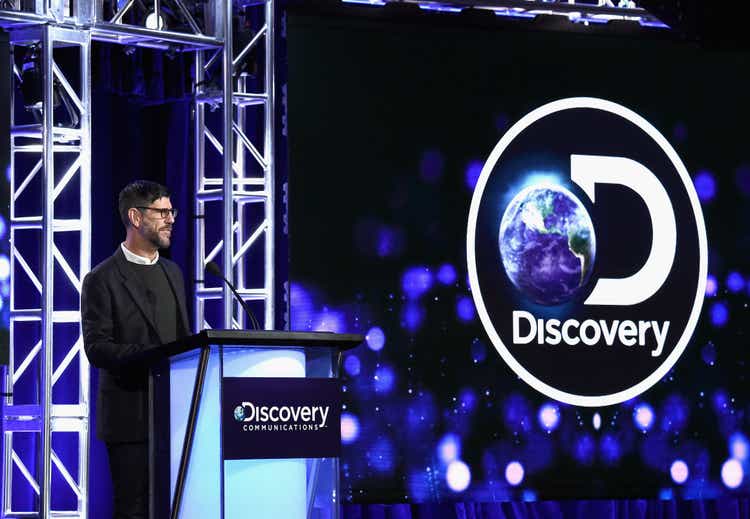Discovery Will Pull Its Market Cap Out Of The Hat, Twice
Summary
- The merger of AT&T’s WarnerMedia and Discovery creates a great opportunity for investors.
- The merged entity will hold one of the largest content libraries with a global reach.
- Summing up the parts and putting conservative multiples based on market peers on operations of the new entity yields a potential return multiple times the investment.
- The upside is high but there’s a floor on the downside with the price depressed following the Archegos saga, despite the execution risk.
Analyst’s Disclosure:I/we have a beneficial long position in the shares of DISCA, DIS either through stock ownership, options, or other derivatives. I wrote this article myself, and it expresses my own opinions. I am not receiving compensation for it (other than from Seeking Alpha). I have no business relationship with any company whose stock is mentioned in this article.
Seeking Alpha's Disclosure: Past performance is no guarantee of future results. No recommendation or advice is being given as to whether any investment is suitable for a particular investor. Any views or opinions expressed above may not reflect those of Seeking Alpha as a whole. Seeking Alpha is not a licensed securities dealer, broker or US investment adviser or investment bank. Our analysts are third party authors that include both professional investors and individual investors who may not be licensed or certified by any institute or regulatory body.
